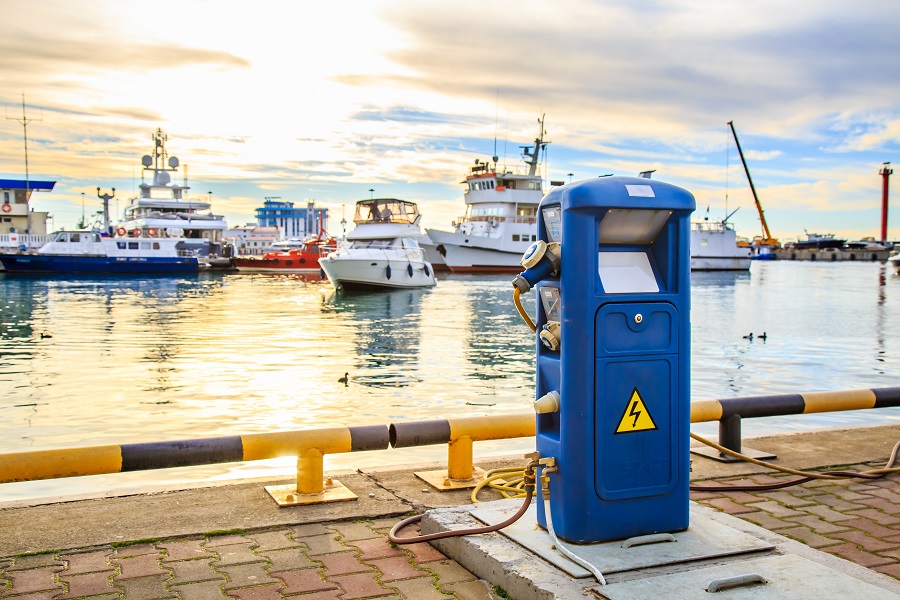
We have valuable information and practical tips for any boat owner on managing power consumption.
Embarking on an extended trip on your boat requires managing your power consumption effectively. Optimizing the use of your marine battery system is crucial to ensuring a steady power supply and uninterrupted sailing experiences. We have valuable information and practical tips for any boat owner on managing power consumption and periodically charging the batteries, allowing for a pleasant and worry-free day on the water. Keep reading to learn more.
Understanding Power Consumption
To effectively manage your boat’s power usage, it’s important to know which systems and appliances consume the most energy. Some common power-hungry devices on your vessel include:
- Refrigerators and freezers
- Lighting systems
- Navigation equipment
- Entertainment systems (TV, stereo, etc.)
- Water pumps
How to Optimize Power Consumption
There are a few strategies you can implement to mitigate power consumption and extend your battery life. When you are unfamiliar with a new system, do a day or two on the dock unplugged from shore power and run the boat as you would offshore. This ensures you understand how your batteries onboard and water systems will react. This is critical to ensure no surprises from your system not handling your energy requirements while on the water.
Energy-efficient appliances can also significantly reduce power usage. Consider replacing your traditional lights with LED lighting throughout your boat, as they consume less energy and last longer. You must also be mindful of water consumption, as water pumps consume energy. Use water-saving techniques such as shorter showers and efficient dishwashing practices. Disconnect any devices, such as lights, accessories, navigation electronics, or chargers, that are not in use, as they can draw power even in standby mode.
Practice Smart Charging
Effective battery charging is essential for a consistent power supply. Connect your vessel to shore power to charge your batteries when docked at a marina. This allows for a full and uninterrupted charge.
If installed, solar panels are an excellent renewable energy solution for yachts. They provide power throughout the day, helping to charge your batteries and other devices.
Periodically, for most boats, a generator is required to charge the batteries as well as use systems onboard such as air conditioning and water heaters. These generators run on fuel and provide a reliable source to charge your batteries and use other systems.
Effective Battery Management is Key
Taking care of your marine batteries is essential to maximize their lifespan and performance. Overcharging is the main cause of damage to marine batteries. To prevent overcharging, use charging equipment with built-in regulators or consider investing in a battery management system. Keep your batteries clean, inspect them regularly for signs of corrosion or damage, and follow the manufacturer’s guidelines for maintenance.
Also, consider installing battery monitors that provide real-time information on your battery’s state of charge and health to help you make informed decisions about power usage and charging.
Marine Electric Systems, LLC is a Leader In the Maritime Industry
We here at Marine Electric Systems have over 30 years of industry experience. You can trust our team for reliable service and expert craftsmanship in the Maryland, Baltimore, Annapolis, and Baltimore city areas! We’re highly certified and adhere to all ABYC and NMEA regulations. We specialize in top-notch electrical solutions for recreational, commercial, and government boating clients. Anything from electrical refits, to navigation systems, or boating maintenance. To stay up to date on our services, follow us on Facebook, LinkedIn, Pinterest, Instagram, and YouTube. You can also contact us at 410-263-0807.
